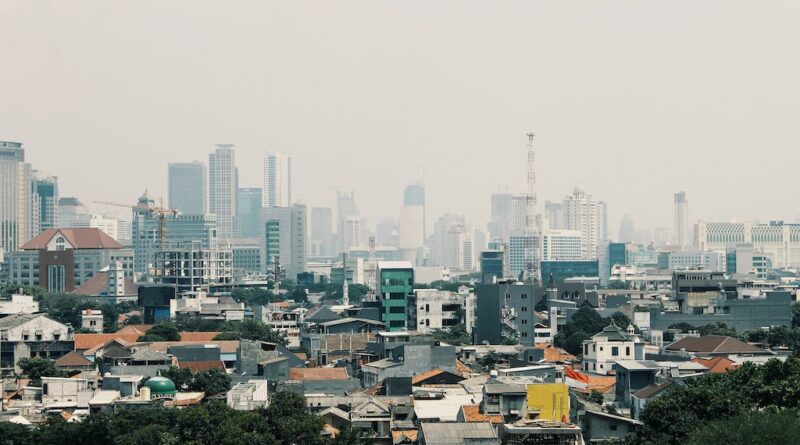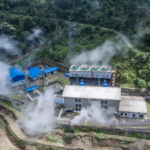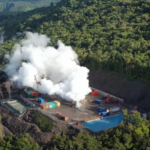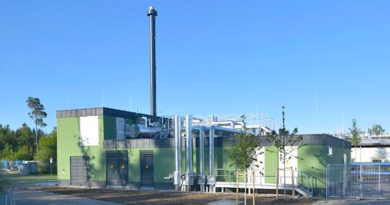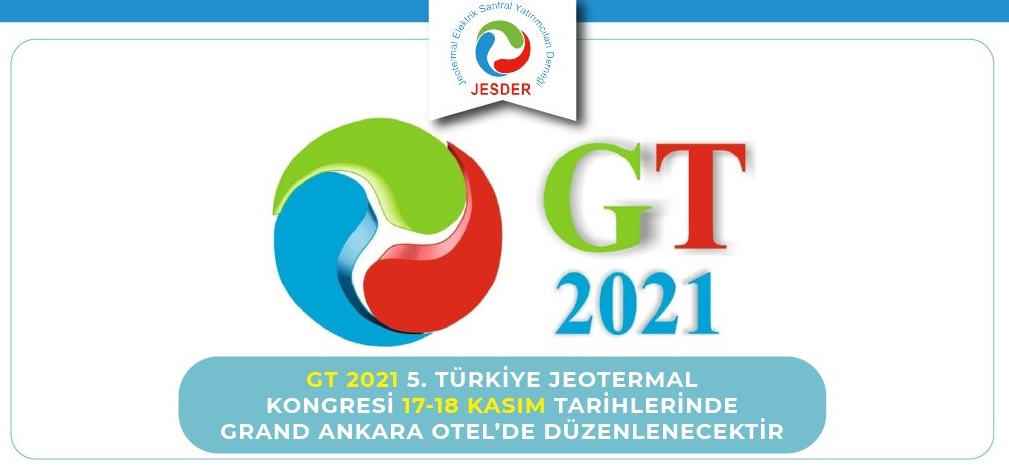MEMR evaluating financial terms for geothermal projects in Indonesia
Energy Disrupter
Indonesia’s MEMR is working with a team from the Gadjah Mada University to evaluate possible fiscal incentives to attract investment into the geothermal sector.
The Ministry of Energy and Mineral Resources (MEMR) of Indonesia is working with an independent team from the Gadjah Mada University (UGM) to evaluate several financial terms in a bid to attract more investments into Indonesia’s geothermal sector. This was based on the proposals by geothermal players to adjust the amount of fees imposed on holders of geothermal permits (IPB).
The study is evaluating the effects of cutting or simplifying the relevant fees for IPB holders on the economics of geothermal levels. The fees being considered here are those within the scope of the MEMR, such as the production contributions, production bonuses, and fixed contributions.
“The Directorate General of EBTKE has collaborated with UGM to conduct the study independently, the response has been very positive,” said Riza Pasikki, Secretary General of the Indonesian Geothermal Association (INAGA / API).
Aside from lowering of fees, the MEMR is also discussing the possibility of other fiscal incentives such as adjusting the land and business tax, value added tax, and income tax of geothermal companies. These are, however, under the jurisdiction of the Ministry of Finance.
Previous reports have indicated that the MEMR has been working on a draft of derivative regulations of Presidential Regulation Number 112/2022 that will allow geothermal independent power producers (IPPs) to negotiate with PLN for the purchase price of electricity from geothermal power plants.
“For example, if the price revision says it’s not attractive, then we try to evaluate it and determine how good the figure is, but the mechanism doesn’t change, only the value,” explained Harris Yahya, Head of the EBTKE Electricity Survey and Testing Center of the MEMR.
The results of the evaluation of fees, as well as the proposed derivate regulations, are expected before the end of the year.
Source: Bisnis.com

